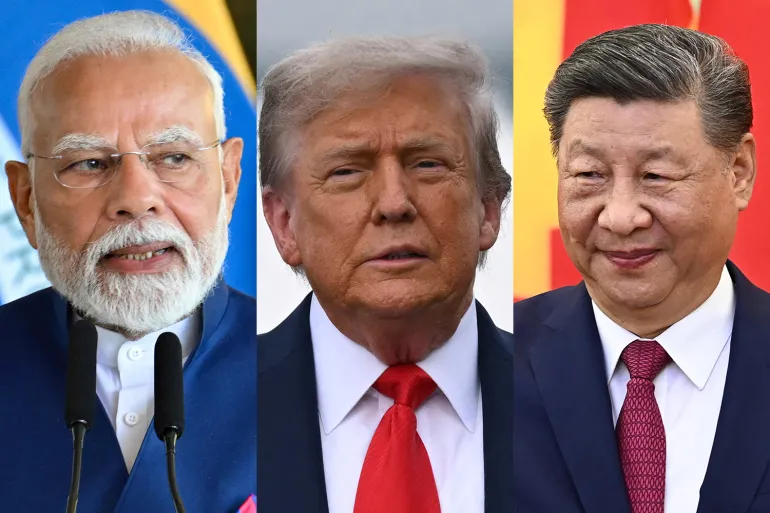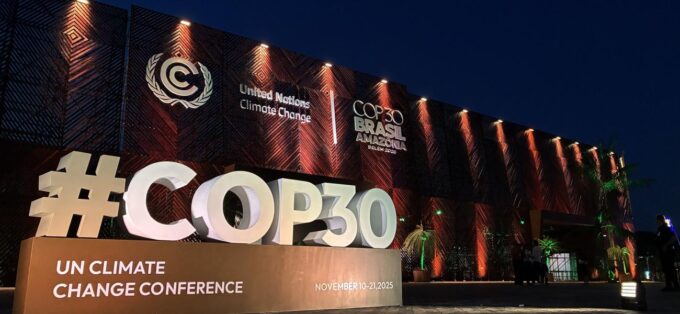United Nations, September 23, 2025 — U.S. President Donald Trump launched a stinging rebuke at the United Nations General Assembly (UNGA), accusing India and China of being the “primary funders” of Russia’s war in Ukraine through their continued purchase of Russian oil. His remarks underscore Washington’s frustration with global energy trade patterns that, in his view, are prolonging the bloody conflict now entering its fourth year.
Trump’s Sharp Rebuke at UNGA
Speaking before world leaders, Trump argued that Russia’s resilience in the face of Western sanctions is being buoyed by steady oil revenues. “By buying Russian oil, these nations are directly fueling the war in Ukraine. It is inexcusable,” he declared, calling on NATO allies and major economies to align their energy policies with Washington’s efforts to strangle Moscow’s war chest.
He further criticised NATO members for not having decisively cut off Russian energy imports, describing their hesitation as “a betrayal of Ukraine’s sacrifices.” Trump vowed to impose sweeping tariffs and economic measures against Moscow if it failed to accept peace talks, urging the global community to adopt similar steps.
Oil Revenues: Russia’s Lifeline
Trump’s allegation rests on a widely acknowledged reality: energy revenues form the backbone of Russia’s economy and military budget. Despite heavy Western sanctions, Russia has successfully redirected much of its oil exports to Asia, with India and China emerging as top buyers of discounted crude.
According to energy trackers, India’s imports of Russian oil have multiplied several times since 2022, making Moscow its largest supplier. China, already Russia’s biggest energy partner, has similarly expanded purchases, deepening its energy interdependence with its northern neighbour. Together, the two Asian giants provide Moscow with billions in revenue, funds that Western leaders argue are sustaining its war machine.
The Contested Framing
However, Trump’s assertion that India and China are “funders” of the Ukraine war is a politically loaded framing. Both New Delhi and Beijing have rejected such accusations in the past, stressing that their trade with Russia is driven by energy security, market dynamics, and national interest.
India has consistently maintained that as a developing nation, it cannot be expected to bear the economic costs of Western sanctions, particularly when European countries themselves initially continued to buy Russian gas. China, meanwhile, views its partnership with Russia as part of a broader geopolitical strategy, resisting Western pressure while securing long-term energy stability.
A Diplomatic Flashpoint
Trump’s UNGA remarks risk sharpening divisions within the global order. For the United States, isolating Russia economically has been a cornerstone of its Ukraine policy. For India and China, the accusations strike at the heart of their balancing acts — navigating between strategic autonomy, energy security, and global diplomatic pressures.
The comments also put NATO allies under renewed scrutiny. Trump blasted them for failing to decisively sever energy ties with Moscow earlier, accusing Europe of hypocrisy for initially criticising Asian oil imports while quietly protecting its own energy
For more exclusive global business, politics, and technology stories, visit us daily at www.whitehorsedaily.com











Leave a comment